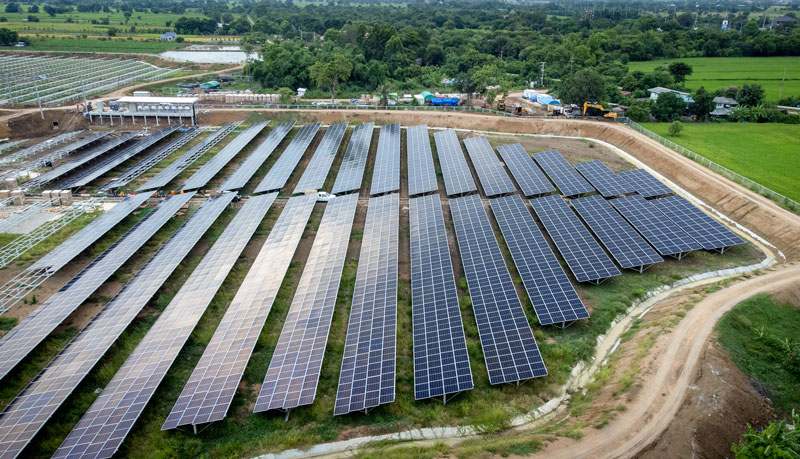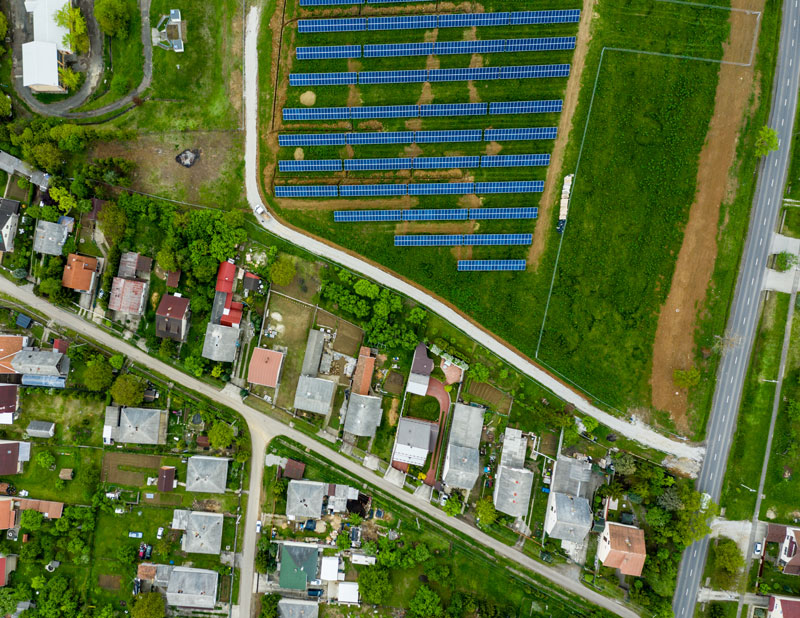Research

The rapid growth of large-scale solar (LSS) in the U.S. has both positive and negative impacts on local host communities. But a lack of rigorous analysis and accessible information on these impacts leaves residents and decision-makers in potential LSS host communities to rely on developers (who have a conflict of interest) or on anecdotal information. Facing mounting pressure to meet clean energy goals, yet lacking sufficient strategies to address looming community concerns, some local municipalities are opting to enact restrictive siting ordinances or solar moratoria.
Ideally, development would begin in the community, arising from their desire to leverage a suite of positive impacts while minimizing the negative impacts. Further, the project would align with local community values and land use planning by ensuring a broad set of community members play an active role in the siting, permitting and development process as much as is possible and practical. In short, ideally, the solar project is “community centered.”
While the continued growth of LSS depends on the approval of hosting communities, the motivation to study and enact more community-centered solar development goes beyond clean energy deployment goals, applying equally to the goals of community well-being and a just energy transition. Across a set of LSS project sites, we will work with local communities applying a mixed-method, community-based approach to understand concerns, benefits, and drawbacks. We will develop tools that communities can use to align their energy transition goals with their values, energy and procedural justice themes, and developer requirements. The project will also develop novel state-of-the-art analyses and datasets to expand the reach to academics, other researchers, and other stakeholders more broadly.
This project is guided by the following research questions:
- What are the key positive and negative drivers leading to support and opposition to LSS projects?
- How generalizable are these findings across a national sample of LSS neighbors?
- How has historical LSS development impacted local tax revenue, employment and/or income as well as previous land uses, and how can those findings inform understanding of likely future impacts?
- To what extent do LSS projects exacerbate or mitigate inequities within hosting communities and, if the former, how might they be mitigated going forward?
- What strategies can communities employ to align LSS development with local land-use plans and community needs and values?
- How can community members take a larger role in local LSS development?